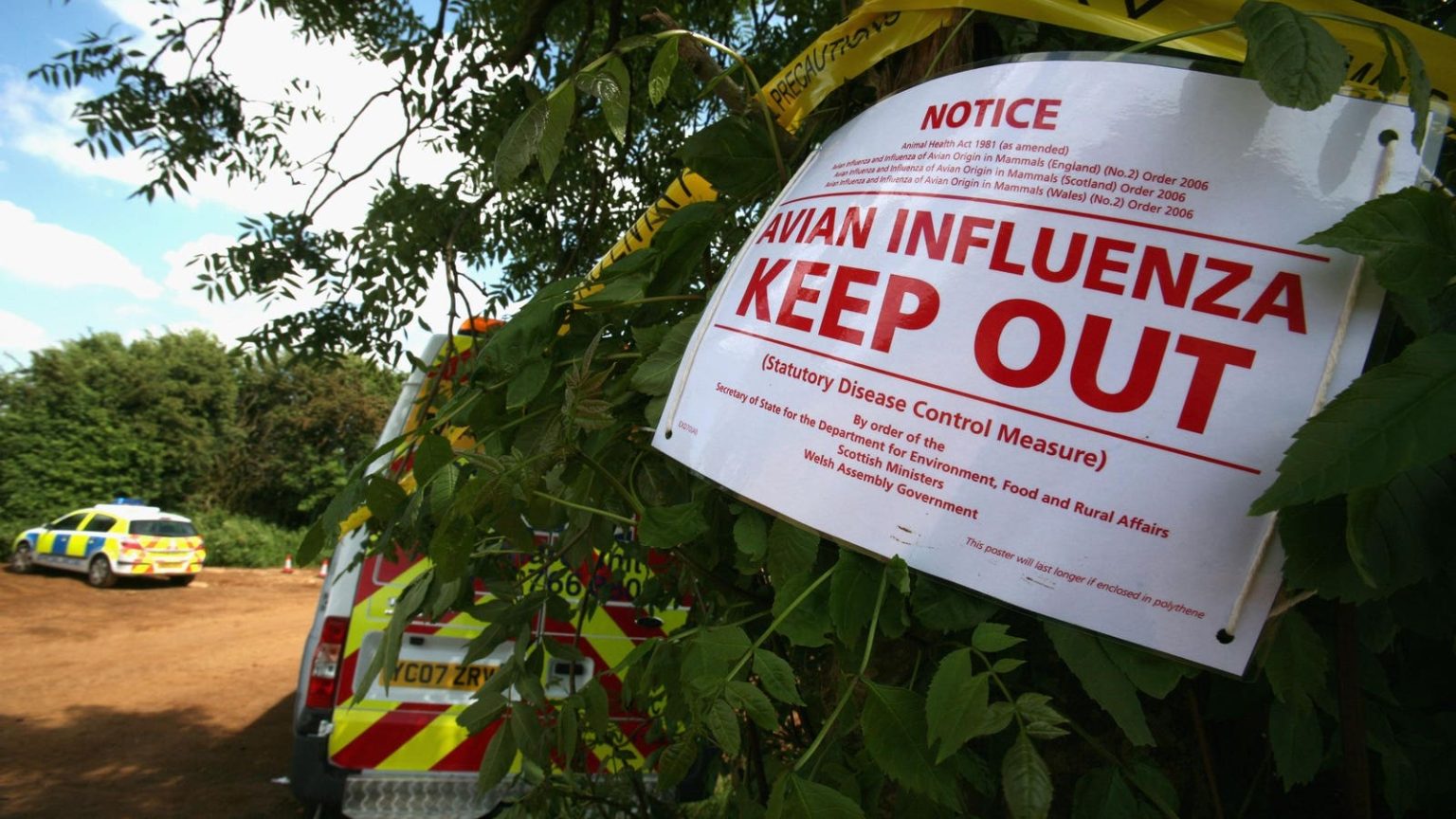A global outbreak of H5N1 bird flu that began in 2020 has recently spread to cattle in U.S. states and marine mammals around the world, raising concerns among health officials and experts about the potential for the virus to mutate and spread to humans. The World Health Organization’s Global Influenza Programme has highlighted the risk of cows in other countries becoming infected with the virus, which is commonly spread through migratory birds. The Department of Agriculture has started testing ground beef samples from grocery stores in states with cow outbreaks to determine if the virus is safe to eat.
The Food and Drug Administration has confirmed that dairy products are safe to consume, after testing grocery store samples and finding no live traces of the bird flu virus, although some dead remnants were found in certain products. The USDA has warned against consuming unpasteurized milk to prevent potential infection, as cow-to-cow transmission may be occurring due to contact with raw milk. Experts at the World Health Organization have expressed concerns about the virus evolving and infecting mammals on land and sea, which could potentially lead to human transmission.
The Centers for Disease Control and Prevention reported the second case of bird flu in a Texas dairy farmer, who was infected after coming into contact with infected dairy cows. The individual was already recovering at the time of the report. The CDC has stated that bird flu does not easily transmit between humans, although there have been some probable cases of human-to-human transmission in countries like China, Thailand, Indonesia, and Pakistan. The virus is rare but highly deadly, with a 52% mortality rate among the 888 reported human cases since 2003.
The spread of bird flu has led to increased egg prices due to decreased production, with the USDA reporting over 90 million poultry euthanized since 2022. Poultry farmers have been advised to quickly kill infected chickens to control the spread of the virus. The FDA has approved some vaccines for bird flu in humans, but mass production would be needed in the event of a human outbreak. The USDA has begun trials on animal-specific vaccines for the H5N1 variant, which could help prevent further spread among animals.
The increased number of mammal infections since 2022 has raised concerns about the virus potentially evolving to transmit more easily in humans. Wild migratory birds are believed to be the original source of the outbreaks in cows, prompting experts to closely monitor the situation. The virus has devastated bird populations worldwide, with outbreaks reported in various mammal species, including seals and sea lions. While rare, even domestic pets like dogs and cats are susceptible to the virus, and precautions should be taken to prevent possible transmission through unpasteurized milk. Public health officials continue to monitor the situation closely to prevent further spread of bird flu.


